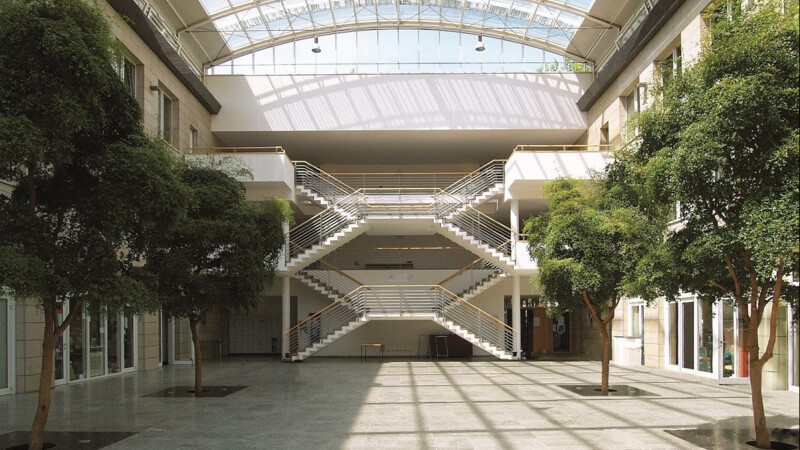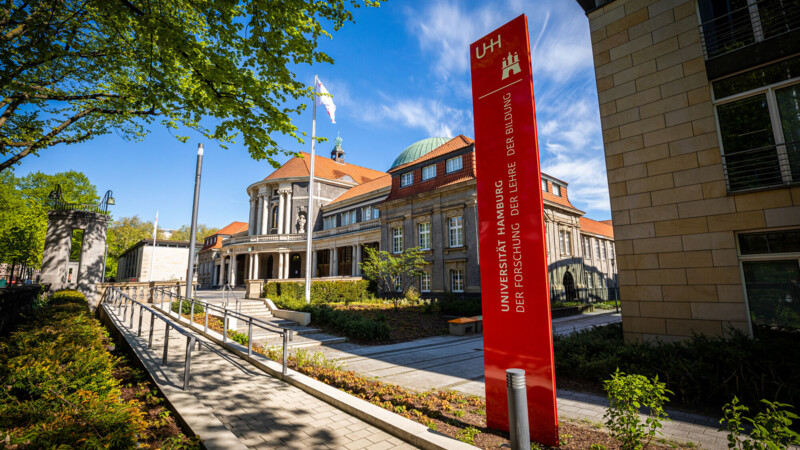"The new system is the basis of our services and thus for the risk assessment of climate change for society and ecology," said Prof. Thomas Ludwig, Director of DKRZ. Most German climate simulations that contribute to the IPCC reports are calculated at DKRZ. Simulations with high-resolution climate models could only be computed for very short periods of a few months hitherto. Longer simulation periods require significantly more computing time and storage volume which the DKRZ can now provide with Levante.
Levante a new, fourth high-performance computing system for Earth system research (HLRE-4) began operations Thursday (March 3, 2022) at the German Climate Computing Center (DKRZ) in Hamburg. The supercomputer, which similar to its predecessor "Mistral" is provided by Atos, will quadruple the computing power at DKRZ with 14 PetaFLOPS. Researchers will be able to perform more and longer simulations with particularly high-resolution global climate and Earth system models on the DKRZ system.
Computer improves risk assessment of climate change
Boost for research in Hamburg
"The new supercomputer at DKRZ means climate research of the future will be done in Hamburg," said Katharina Fegebank, Senator for Science, Research and Equality. Researchers at the University of Hamburg, the Max Planck Institute for Meteorology and the Helmholtz Center Hereon in Geesthacht will benefit from the additional computing power. The Helmholtz Association, the Max Planck Society and the City of Hamburg have put EUR 45 million towards Levante as part of the HLRE-4 project.
tn/sb/pb
Sources and further information
German Climate Computing Center (DKRZ)
DKRZ has given German climate research access to high-performance computer and data storage systems that are adapted to the workflows in climate modelling since 1987. DKRZ assists scientists with the optimization of climate models and the analysis, visualization and publication of climate data. DKRZ is situated on the University of Hamburg's campus and employs 100 people.
More
Similar articles

Climate expert Mojib Latif: Moving from knowledge to action

HAW Professor Walter Leal co-authors latest IPPC report on climate

